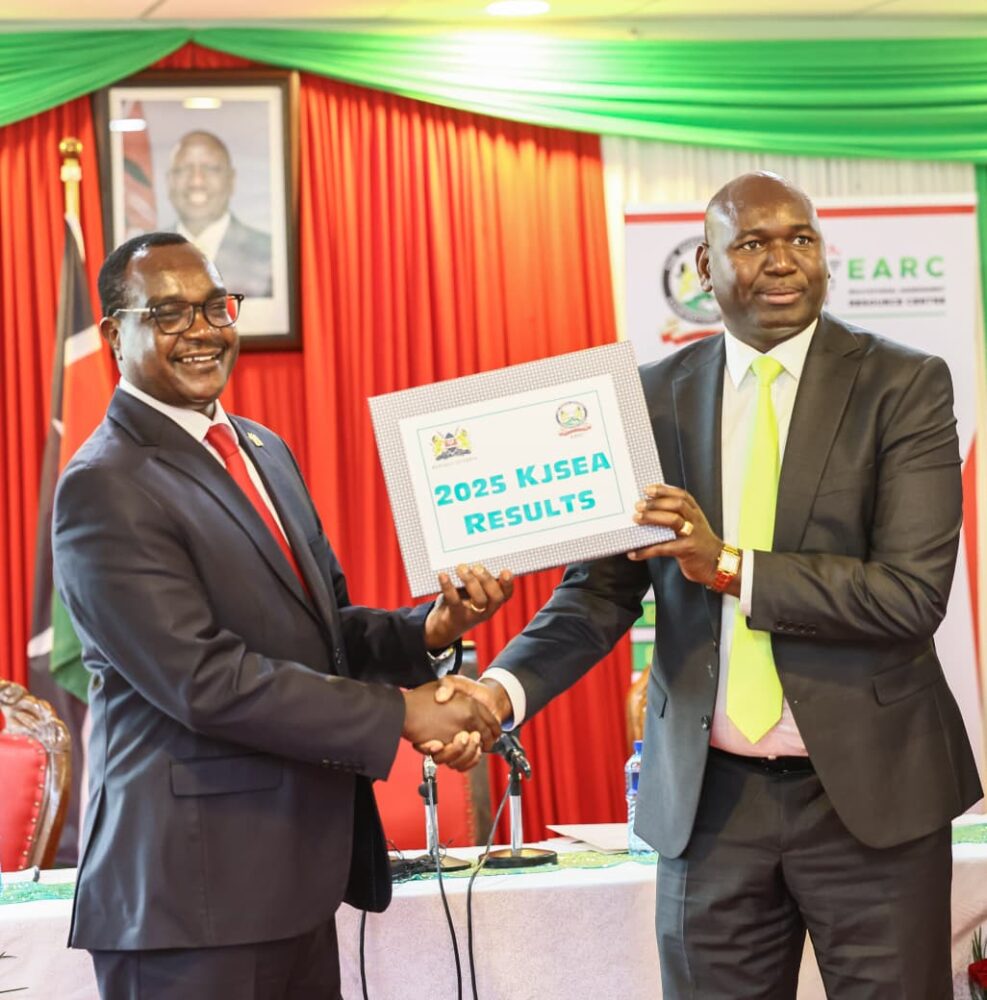There is tension in Uganda after two patients died of COVID-19 at Kabale Regional Referral hospital in southwestern Uganda.
According to Nile Post, the deceased, who passed away on Wednesday, were admitted earlier this month after exhibiting COVID-19 symptoms.
“From the period of festive season, early January 2024 we started seeing a number of patients presenting signs and symptoms consistently with COVID-19 which prompted the physicians to do some tests.
“Initially we registered five cases but as the month of January went on, we registered over 20 cases and two deaths,” Dr. Gilbert Mateeka, District health Officer Kabale District said.
Fortunately, about 20 of the patients were treated out as outpatient cases who have since recovered as they only exhibited mild symptoms.
Dr. Mateeka noted that the upsurge in COVID-19 cases was as a result of the public believing it is no longer a threat, hence apathy in vaccine uptake.
Barely a week ago, one of the wards at Kabale Hospital was declared an isolation centre after tens of patients presented flu-like symptoms such as coughing.
Speaking to Daily Monitor, Dr Anne Namutebi noted that lack of vaccination among many Ugandans was a contributing factor.
“We are hopeful that widespread vaccination will mitigate the impact, but unfortunately many people in Uganda are not fully vaccinated, and some have not received vaccination at all,” she added.
Earlier this month, Uganda announced they would destroy more than 5.6 million doses of COVID-19 vaccines, with an audit saying they have expired.
The vaccines, valued at 28.1 billion Ugandan shillings (KSh1.18 billion; $7.3 million), are said to have been purchased using a loan the East African country took from World Bank.
The audit report, presented to Parliament that week by Auditor General John Muwanga, painted a grim picture in Uganda’s health sector, also revealing that other drugs worth KSh1.37 billion ($8.6m) have expired.
This second set of drugs — which are mostly HIV antiretroviral drugs (ARVs) — expired after they were phased out by World Health Organisation’s (WHO) changes in treatment guidelines.











